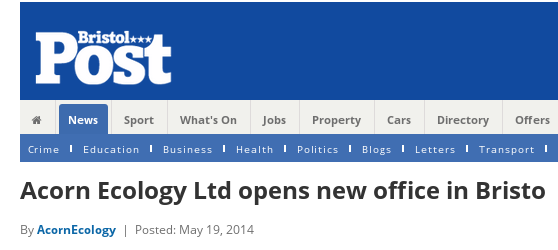“Th” sound to disappear from English in coming decades?
The “th” sound, which had its own letter – thorn (Þ, þ) in Old and Middle English – could disappear from spoken British English, today’s Daily Telegraph reports.
By 2066, linguists are predicting that the “th” sound will vanish completely in london because there are so many foreigners who struggle to pronounce interdental consonants – the term for a sound created by pushing the tongue against the upper teeth.
In the wider South East of England Estuary English – a hybrid of Cockney and received pronunciation (RP)– is already being replaced by Multicultural London English (MLE), which is heavily influenced by Caribbean, West African and Asian Communities.
The Telegraph is reporting on the release of the Sounds of The Future report produced by Dr. Dominic Watt and Dr. Brendan Gunn from the University of York.
Other predictions from the authors include:
- Sound softening – hardly anyone says ‘syoot’ for ‘suit’ any more and this trend will continue with the sharp corners knocked off words;
- Yod dropping – words like ‘cute’ or ‘beauty’ will become ‘coot’ and ‘booty’;
- Consonant smushing – ‘w’ and ‘r’ are already similar for many southern English speakers, but the letters could completely collapse into one sound, whilst Words with ‘ch’ and ‘j’ could also become indistinguishable;
- Glottal stop – the slight linguistic trip which turns ‘butter’ into ‘bu’er’ in dialects like Cockney could become more widespread around the country.
Commenting on the same report, the Newcastle Chronicle leads with the headline “The Geordie accent is on the way out say language experts“, remarking that language experts say that by 2066 the distinctive Geordie accent will sound like a southern one.
The Sound of 2016 report was commissioned by bankers HSBC, to mark the “voice biometric” technology which the bank is rolling out to 15 million customers, so perhaps it’s worth mentioning here the usual disclaimer about not trusting information from someone trying to sell you something. 😀





